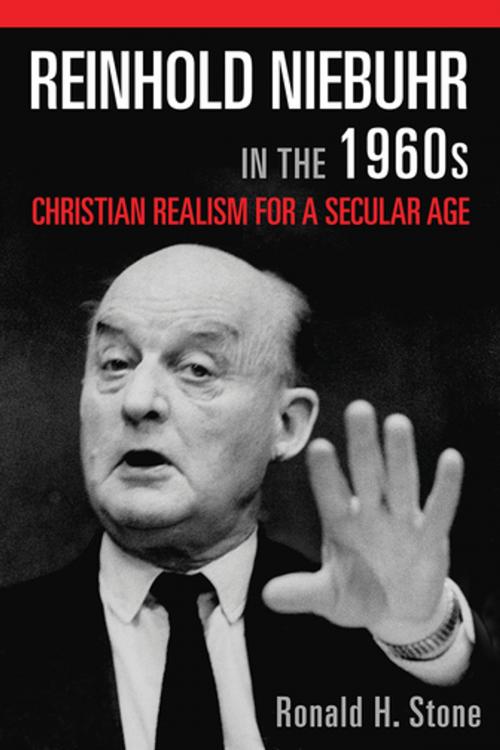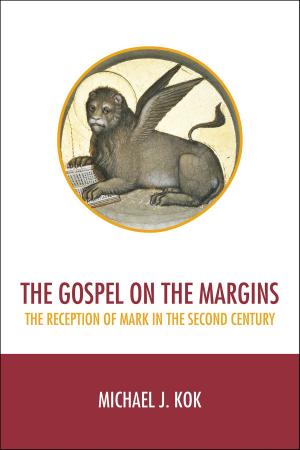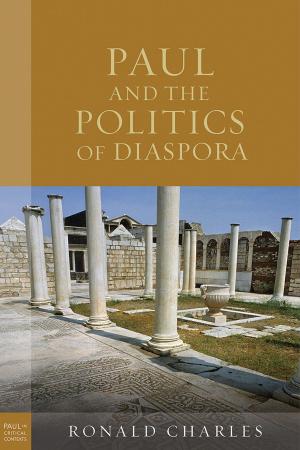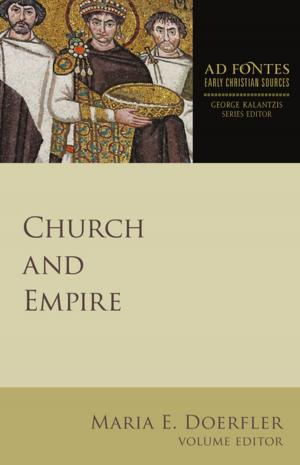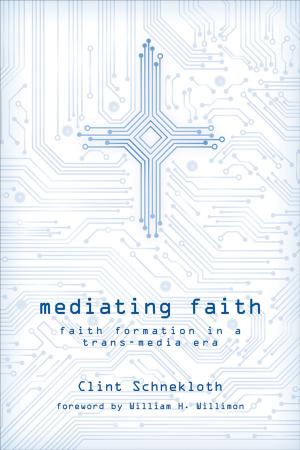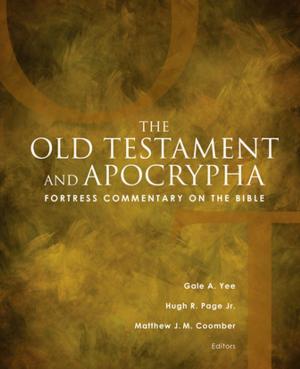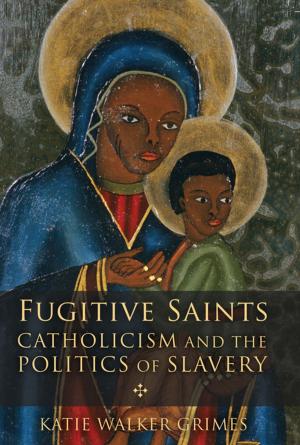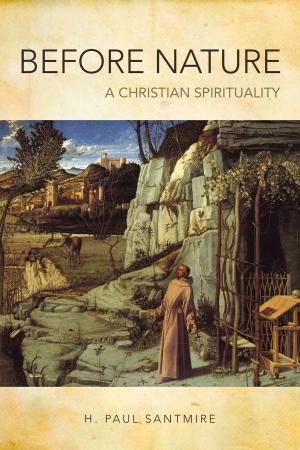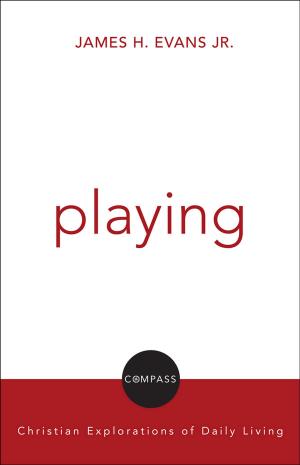Reinhold Niebuhr in the 1960s
Christian Realism for a Secular Age
Nonfiction, Religion & Spirituality, Christianity, Church, Church & State, Theology| Author: | Ronald H. Stone | ISBN: | 9781506446257 |
| Publisher: | Fortress Press | Publication: | April 2, 2019 |
| Imprint: | Fortress Press | Language: | English |
| Author: | Ronald H. Stone |
| ISBN: | 9781506446257 |
| Publisher: | Fortress Press |
| Publication: | April 2, 2019 |
| Imprint: | Fortress Press |
| Language: | English |
The Civil Rights Movement. The Cuban Missile Crisis. The assassination of a president and a senator, both from the same family. Praise turns into protest; hope into disenchantment, as democracy's new day goes up in flames. The 1960's was an era born in hope and ends in deep conflict.
During this era, Reinhold Niebuhr, once dubbed "America's theologian," retires from Union Seminary in New York. Though little has been published about him in this decade, much of Niebuhr's life and work are as much shaped and transformed by this era as his work shapes and transforms the discourse in theology, ethics, and the politics of the age.
Ronald H. Stone, a former student-turned-colleague of Niebuhr, brilliantly introduces readers to the Niebuhr of the 1960's. In his analysis of Niebuhr, he shows a theologian whose work sometimes turns less theological and becomes more secular in his writing with a view toward speaking to a less religious, more secular world around him. Stone's delightful book introduces readers to never-before seen letters between the author and Reinhold and Ursula Niebuhr, Stone points the way for theologians, ethicists, politicians, and those otherwise seeking justice and peace into the conflicted world today.
The Civil Rights Movement. The Cuban Missile Crisis. The assassination of a president and a senator, both from the same family. Praise turns into protest; hope into disenchantment, as democracy's new day goes up in flames. The 1960's was an era born in hope and ends in deep conflict.
During this era, Reinhold Niebuhr, once dubbed "America's theologian," retires from Union Seminary in New York. Though little has been published about him in this decade, much of Niebuhr's life and work are as much shaped and transformed by this era as his work shapes and transforms the discourse in theology, ethics, and the politics of the age.
Ronald H. Stone, a former student-turned-colleague of Niebuhr, brilliantly introduces readers to the Niebuhr of the 1960's. In his analysis of Niebuhr, he shows a theologian whose work sometimes turns less theological and becomes more secular in his writing with a view toward speaking to a less religious, more secular world around him. Stone's delightful book introduces readers to never-before seen letters between the author and Reinhold and Ursula Niebuhr, Stone points the way for theologians, ethicists, politicians, and those otherwise seeking justice and peace into the conflicted world today.
